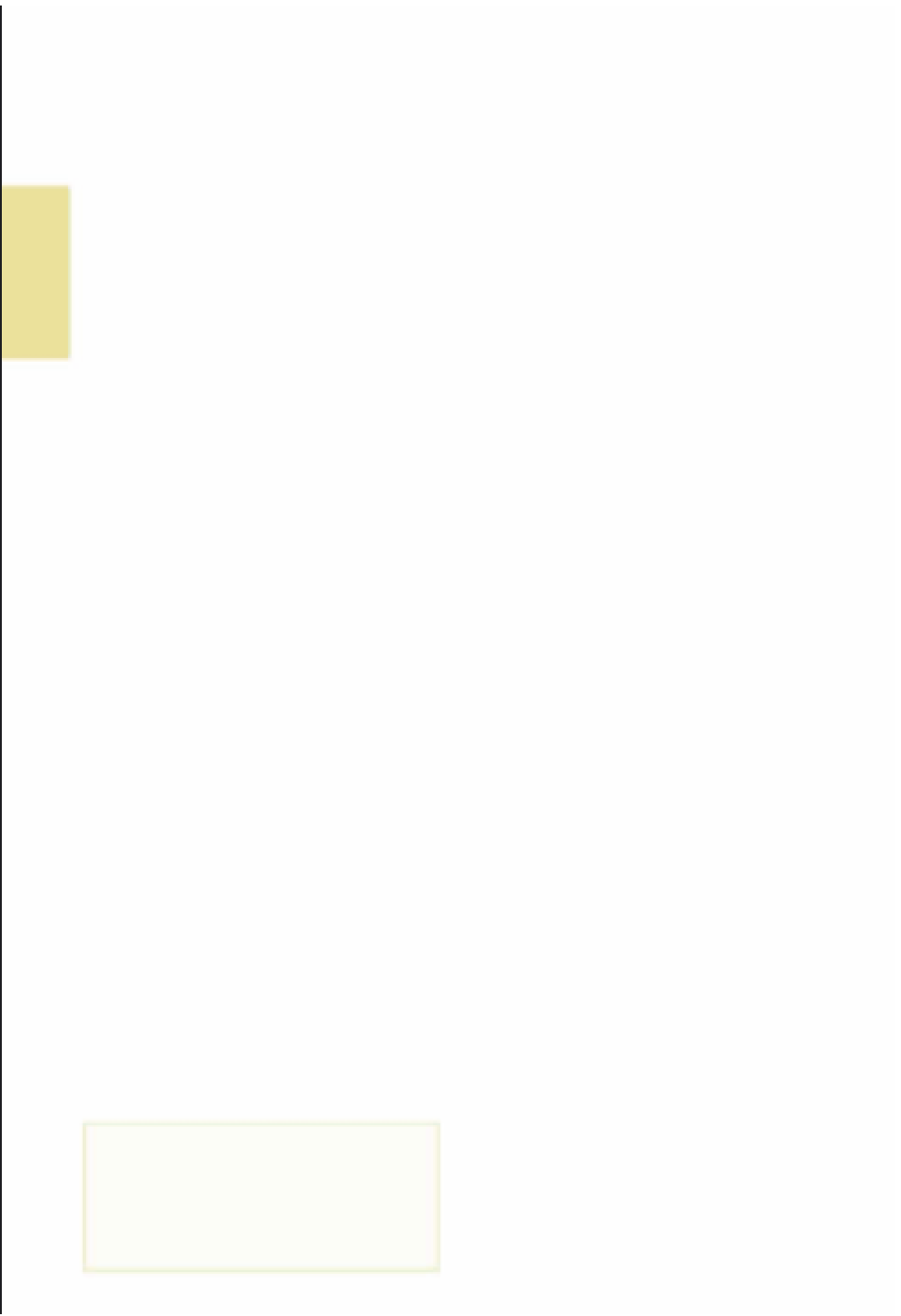Travel Reference
In-Depth Information
horseriding.
Cycling
is a popular way of
seeing the cities (many hostels provide
free or cheap bikes), while
fishing
is
another favoured afternoon pursuit.
Surfing
is increasing in popularity,
thanks to fantastic Atlantic waves, and
many beach hostels will rent out boards
or advertise lessons.
A widely accepted translation of the
Guaraní word
uruguay
is “river of painted
birds”, so it's no surprise that the country
offers fantastic
birdwatching
opportunities,
including flamingos, vultures, hawks,
rheas and Magellanic penguins. Tourist
information offices have excellent leaflets
about twitching in Uruguay.
beach resorts during the summer months.
Store your valuables in lockers whenever
possible, but you shouldn't feel worried
carrying valuables around with you
during the day. The Uruguayan police are
courteous, but unlikely to speak English.
As well as the emergency phone number
(see box below), there is a national
number for
tourist police
T
08008226.
10
HEALTH
Uruguay's public healthcare system is in
pretty good shape; there are adequate
public
hospitals
in the major cities.
Contact your embassy, or ask locals, for
advice on the best facilities, and check
that they will accept your insurance.
COMMUNICATIONS
he
national post o
ce
, C
orreo Uruguayo
(
W
correo.com.uy), provides an expensive
and sometimes unreliable service for
international mail; for urgent deliveries,
you are much better using a private
mailing company like FedEx, at Juncal
1321 in Montevideo's old town. There are
no postboxes on the street; you either
need to go to a post office branch, or in
Montevideo most museums have
buzones
(boxes) in their foyers. Antel run the
public phone
service and you'll find street
phones and
cabinas telefonicas
(booths
inside shops) wherever you go. You can
buy phone cards (
tarjeta telefónica
),
available wherever you see the Antel
signs, or use change.
Internet cafés
charge UR$20-50 per
hour and are present in all towns.
INFORMATION AND MAPS
The national
tourist board
, run by
the Ministerio de Turismo y Deporte
(Minitur;
T
02 1885100,
W
turismo
.gub.uy), is branded as
Uruguay Natural
,
and they run offices in all of Uruguay's
major towns, alongside local tourist
offices run by the municipality. Uruguay
Natural in Montevideo (see p.839) can
give you free maps of every department,
or you can buy high-quality road maps
in petrol stations and bookshops.
Uruguayans often write addresses using
the abbreviations “esq.”, meaning “at the
corner with”, and “c/”, meaning “almost
at”, or “nearby”.
MONEY AND BANKS
The unit of currency
is the
peso uruguayo
(UR$). Coins come as 50 centimos and 1,
2, 5, and 10 pesos; notes as 10, 20, 50,
100, 200, 500 and 1000 pesos. At the time
of writing, the
exchange rate
was £1 =
UR$30, €1 = UR$26 and US$1 = UR$19.
Money changing
is completely
stress-free as everyone has to buy at the
same rate, which varies slightly day to day
(you can always find it displayed on the
front of the daily newspapers). Breaking
large banknotes is less of a problem than
in most South American countries,
though you are still advised to carry
smaller notes in the countryside.
CRIME AND SAFETY
Uruguayans pride themselves on how safe
their country is, although statistically
crime is on the rise.
Thefts
from dorms,
as well as pickpocketing, do occur,
especially in Montevideo and the
EMERGENCY NUMBERS
T
911
is the general emergency number
for the police, ambulance and fire services.
You may need to dial
T
42911
from
mobiles.




































































Search WWH ::

Custom Search